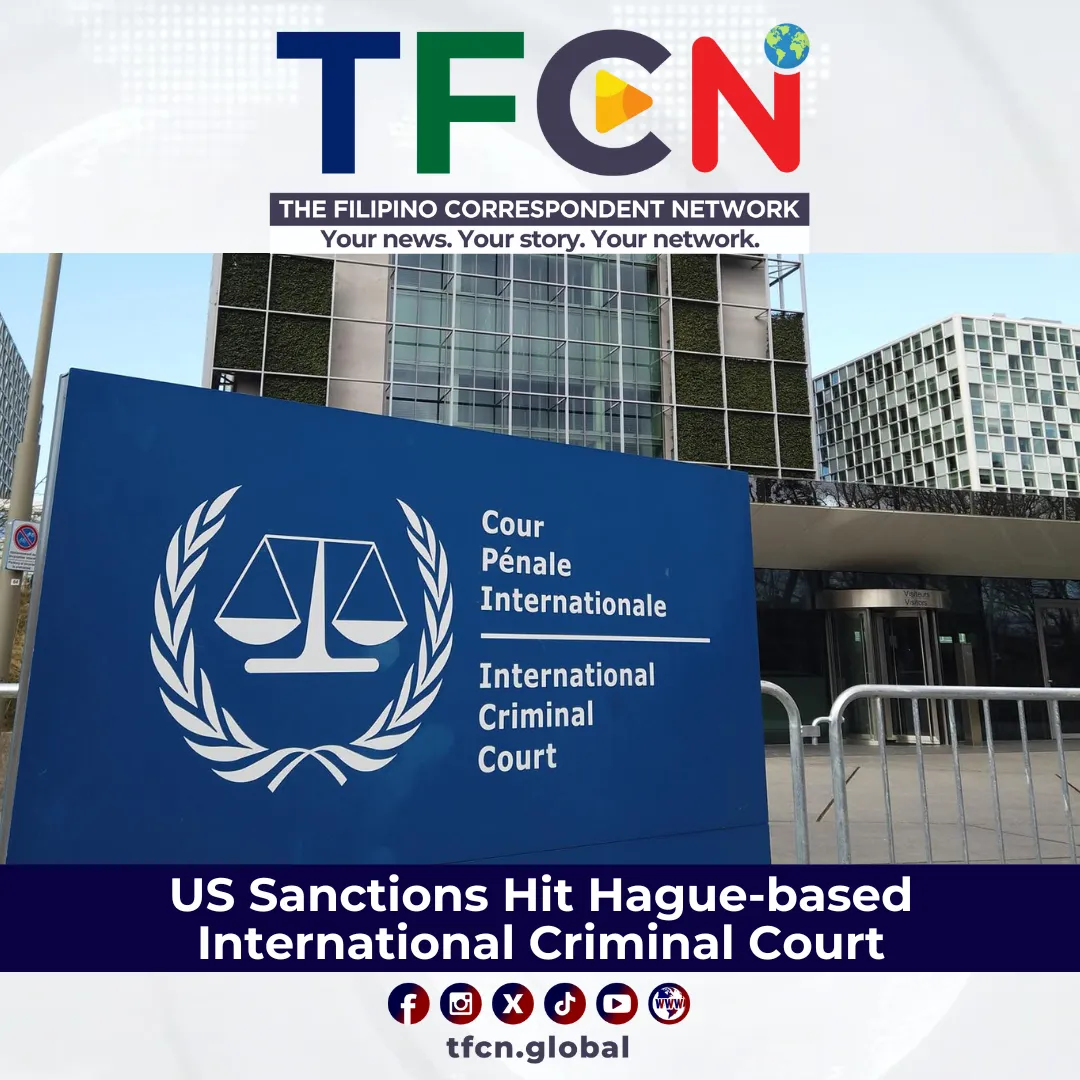
US Sanctions Hit Hague-based International Criminal Court
THE HAGUE — The International Criminal Court (ICC) has advised its staff that if they travel to the United States (US), they could be arrested, and that some non-governmental agencies have stopped working with the ICC because of the risk, following the sanctions imposed by the Trump administration.
The long arm of the US has reached some of the Court’s staff. The chief prosecutor of the ICC, Karim Khan, has lost access to his email and his bank accounts have been frozen because of US sanctions, news agency AP reported on Thursday, May 15.
Based on interviews with current and former ICC staff, lawyers and human rights, activists, the AP wrote that the ICC's work has come to a virtual standstill: the ICC can barely carry out basic tasks, "let alone seek justice for victims of war crimes or genocide."
US President Trump imposed sanctions against the ICC in early February after the court issued arrest warrants for Israeli Prime Minister Netanyahu and his former Defense Minister Gallant over the war in Gaza. The US is not a member of the court.
Netanyahu and Gallant are suspected of war crimes and crimes against humanity, which were allegedly committed by the Israeli forces in the Gaza Strip. In November last year, the ICC issued the arrest warrants, which angered the Israeli and US governments.
The AP story also said that the US sanction bans Khan and other non-Americans among the ICC’s 900 staff members from entering the US and threatens any person, institution or company with fines and prison time if they provide Khan with “financial, material, or technological support.”
The AP report stated that the measures would also extend to individuals who have substantially aided, funded, or provided financial, material, or technological assistance for efforts by the International Criminal Court (ICC) to investigate, apprehend, detain, or prosecute a protected person.
Additionally, court officials noted that the sanctions are now affecting other ongoing investigations. Both the ICC and its chief prosecutor, Karim Khan, declined to comment on the allegations.
A Dutch liberal newspaper analysis highlighted the particular risks faced by the Netherlands, given its role as host to the ICC. Since all individuals arrested by the court are brought to Dutch territory, the country bears responsibility for their transfer. While the ICC oversees detention, the Netherlands manages all logistics between Schiphol airport and the 12 ICC detention cells in Scheveningen prison, including providing security, operational support, and access to suspects and witnesses.
Trump previously imposed sanctions on the ICC during his first administration. In 2020, then-chief prosecutor Fatou Bensouda and one of her deputies faced sanctions due to their investigation into war crimes in Afghanistan.
Situations under investigation at the ICC include the Philippines, Venezuela, Ukraine, State of Palestine, Burundi, Myanmar/Bangladesh, Georgia, Burundi, Mali, Sudan (Darfur), Central African Republic, Libya and a few more.
Photo by: Jofelle Tesorio, TFCN The Netherlands

